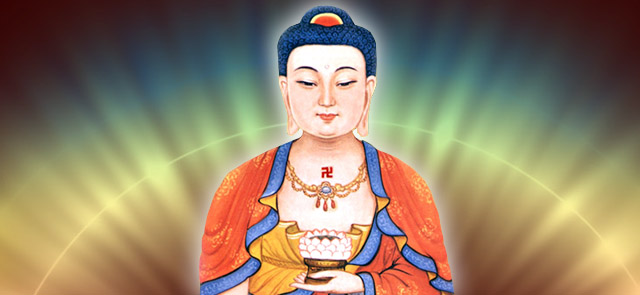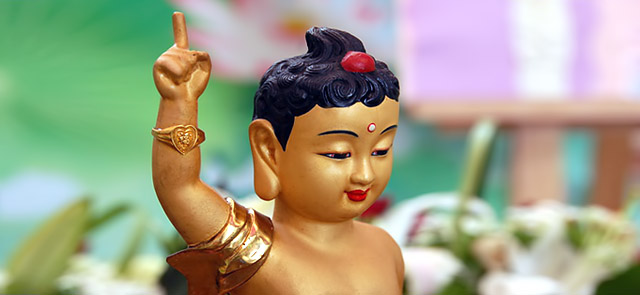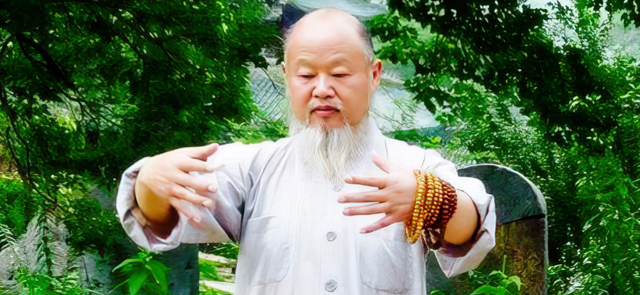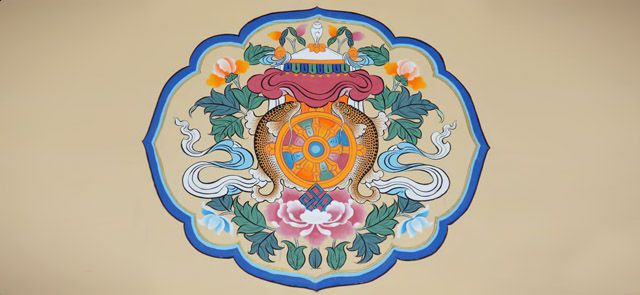In the realm of spiritual traditions, Chan, also known as Zen, stands out as a profound and transformative path to awakening. Originating in ancient China and later flourishing in Japan, Chan or Zen is not merely a set of beliefs or dogmas; it is a living practice that aims to reveal the true nature of reality through direct experience. This document delves into the essence of Chan or Zen, exploring its historical roots, key teachings, meditation practices, and the profound impact it has had on individuals and cultures across the world.
The Origins of Chan
The roots of Chan can be traced back to ancient India, where the historical Buddha, Siddhartha Gautama, attained enlightenment around 2,500 years ago. After the Buddha's passing, his teachings spread throughout Asia, reaching China in the 5th century CE. In China, Buddhism encountered the rich tapestry of Taoist philosophy and indigenous Chinese culture, leading to the emergence of a unique form of Buddhist practice known as Chan.
Chan emphasizes direct insight and experiential understanding over intellectual understanding. The Chan masters sought to go beyond the limitations of language and concepts to point directly at the nature of reality, which they believed could be accessed through direct experience. This approach made Chan accessible to people from all walks of life, irrespective of their social or intellectual backgrounds.
Key Teachings of Chan
At the core of Chan teachings is the concept of "emptiness" or "suchness" (Chinese: xing, Japanese: shō), which points to the fundamental nature of reality. Emptiness does not imply a void or nothingness but rather the absence of inherent, fixed, and independent existence. It invites practitioners to investigate the nature of self, the world, and the interplay between them.
Chan teachings also emphasize the idea of "non-duality," recognizing that all apparent divisions between self and other, subject and object, are ultimately illusory. Through direct experience, practitioners are encouraged to transcend dualistic thinking and recognize the inherent interconnectedness of all things.
The Practice of Chan
Meditation lies at the heart of Chan practice. One of the distinctive forms of meditation within Chan is known as "Zazen" or "seated meditation." In Zazen, practitioners sit in a stable and balanced posture, typically cross-legged, with a straight spine. The focus is on cultivating a state of alert presence, letting go of discursive thoughts and judgments, and allowing direct experience to unfold.
The role of the Chan master, or "Roshi," is pivotal in guiding students on the path. The master employs various methods, including meditation, koan study, and direct dialogue, to provoke awakening and challenge conceptual thinking. The master-student relationship is one of trust, devotion, and intense inquiry, often marked by the exchange of terse and enigmatic dialogues known as "dharma combat."
Chan Beyond Words
Chan practitioners often encounter paradoxical sayings, riddles, and stories known as koans. These seemingly nonsensical statements or questions are designed to disrupt habitual patterns of thinking, provoke insight, and enable direct access to the depths of one's being. Koans, such as "What is the sound of one hand clapping?" or "What was your original face before your parents were born?" defy logical analysis and invite a direct, non-conceptual response.
Chan's Impact on Culture and Beyond
Over the centuries, Chan has had a profound impact on various aspects of culture, including art, poetry, tea ceremonies, and martial arts. Chan's influence can be seen in the simplicity, spontaneity, and presence that permeate these practices.
Beyond its cultural influence, Chan has inspired countless individuals to awaken to their true nature, transcending the limitations of egoic identities and experiencing a profound sense of interconnectedness. The teachings of Chan continue to resonate with seekers around the world, inviting them to go beyond concepts, embrace direct experience, and discover the boundless freedom within.
In conclusion, Chan or Zen is a spiritual tradition that embraces direct experience, non-duality, and the investigation of the nature of reality. It emphasizes the practice of meditation, particularly Zazen, and engages students in intense inquiry through koans and the guidance of a master. Through its teachings and practices, Chan invites individuals to awaken to the inherent interconnectedness and emptiness of all things, transforming their understanding of themselves and the world around them.







